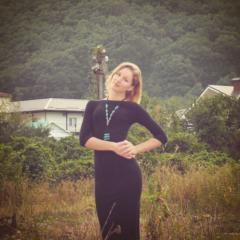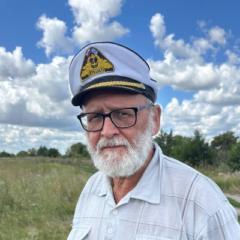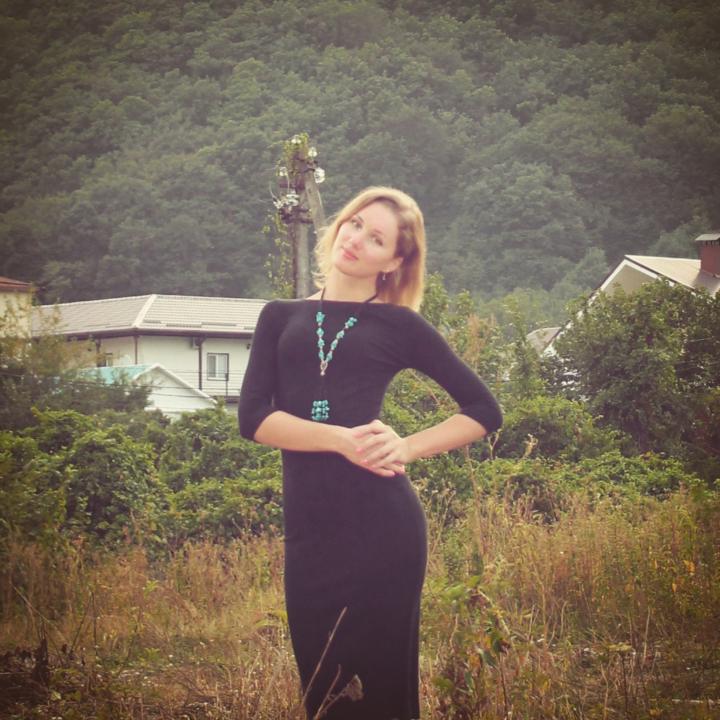Activity
Mon
Wed
Fri
Sun
Mar
Apr
May
Jun
Jul
Aug
Sep
Oct
Nov
Dec
Jan
Feb
What is this?
Less
More
Memberships
Let's Master English
4.1k members • Free
81 contributions to Let's Master English
Let's Master English 145 podcast is READY!
Both MP3s are ready! Video is uploading! Click HERE! If you liked any of the songs--let us know down below!! PLEASE share the podcast if you like it! What’s in Episode 145? News: Travel Chaos Hits U.S. Airports, Teens Arrested for Door-Kicking Italian Man Dressed as his Mom Phrasal Verb: Learn “to dress up” with easy examples (THREE different usages). Speaking Challenge: A Time You Were Stuck Traveling ~ Listening Tip: I’m going to…FIVE pronunciations in Daily English! Fun Extras: Country Shane's facts, and enjoy your request songs like “The Rhythm of the Night”, an AI created song and a 90s banger "Hey Now Now"!!
Let's Master English 138 podcast is READY!
Both MP3s are ready... Click here! PLEASE share the podcast if you like it! What’s in Episode 138? - News: Sauna exercise? Paris Hilton is TOO hot~ Your CHARGERS are BURNING your money~ - Phrasal Verb: Learn “plug in” with easy examples (THREE different usages). - Speaking Challenge: Talk about something RELAXING! - Listening Tip: The FIVE PARTS to master for listening skills! - Fun Extras: A very special 3rd birthday, and enjoy songs like “While My Guitar Gently Weeps” and songs from France and more!!!


1-10 of 81
Active 34d ago
Joined Feb 24, 2025
Powered by



